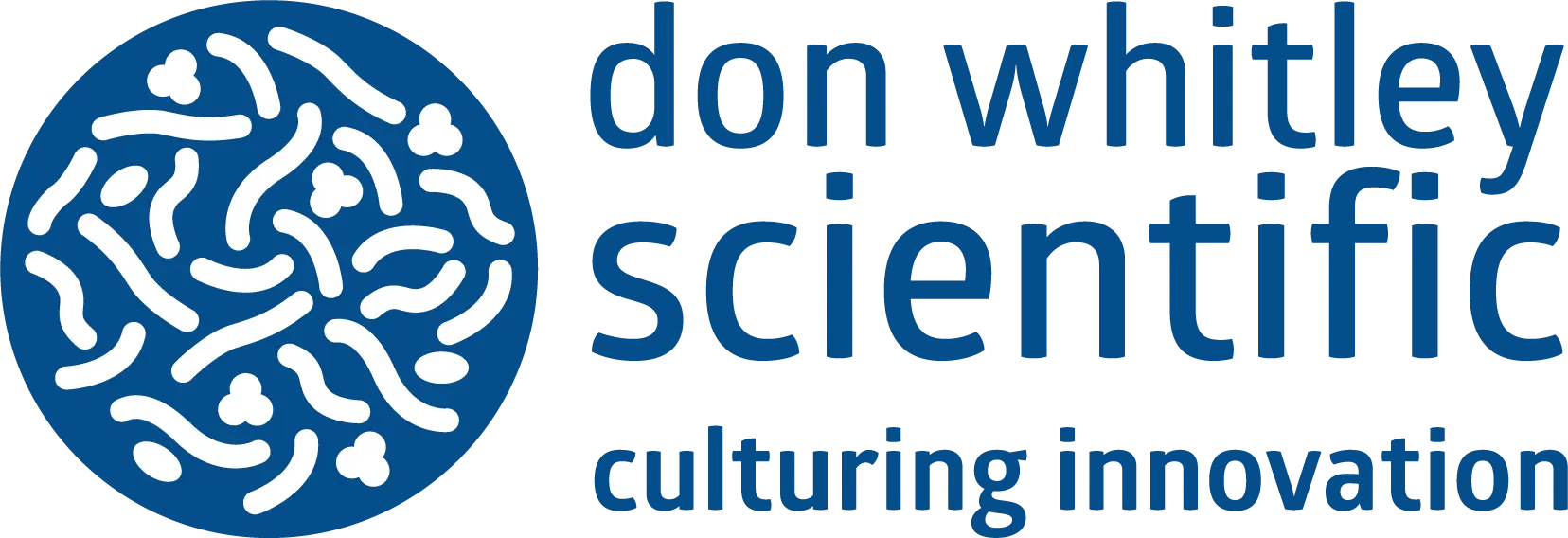
Almost 100 researchers at the Synthetic Biology Research Centre (SBRC) at the University of Nottingham work with anaerobic organisms. To accommodate their high workload, the group has 12 Whitley Anaerobic Workstations.
We spoke to Dr Andrew Dempster, pictured left working in an A95TG Anaerobic Workstation, who said: "the stable anaerobic environment provided by these cabinets - with our heavy usage - allows us to carry out reliable and reproducible work at the SBRC."
The group utilise Clostridium sporogenes to develop novel cancer therapies and also work with anaerobic pathogens such as Clostridium botulinum, Clostridium perfringens and Clostridium difficile.
Dr Dempster's work focuses on certain key members of the human gut microbiota and how they relate to Clostridium difficile; an opportunistic gut pathogen which is able to colonise and cause disease after a patient is treated with broad spectrum anti-microbials, resulting in the depletion of normal gut microbiota.
It is believed that certain gut microbiota play key roles in preventing C. difficile infections, and the group is working to characterise these mechanisms and enhance their therapeutic potential through molecular methods.
To learn more about the research the SBRC is conducting, watch this 2 minute video.


 au
au

 English
English